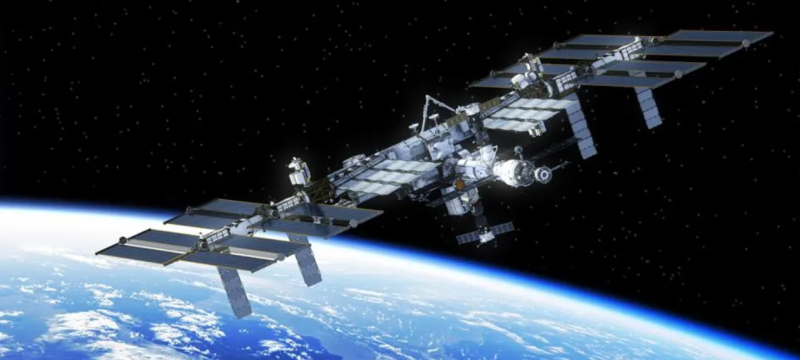A pioneering experiment by the European Space Agency (ESA) has launched a mission to explore the feasibility of producing lab-grown food in space. This initiative aims to reduce the high costs of feeding astronauts, which can reach up to £20,000 per day, while supporting future long-term space missions.
The experiment, carried out by Bedford’s Frontier Space and Imperial College London, involved sending a bioreactor with genetically engineered yeast cells aboard a SpaceX Falcon 9 rocket. The payload will orbit the Earth for three hours aboard the Phoenix spacecraft before splashing down off Portugal’s coast for analysis.
Also Read: NASA Moves Closer to Certifying Boeing’s Starliner for Crewed Flights
The project is part of an ambitious plan to develop food production systems for future missions to the Moon, Mars, and the International Space Station. The yeast is engineered to produce essential food ingredients like proteins, fats, and carbohydrates via precision fermentation. This could significantly reduce dependency on Earth-based resupply missions.
While lab-grown food has already been tested on Earth, including lab-grown chicken in the US and Singapore, this is the first test of such technology in microgravity. With the insights gained, scientists aim to improve bioreactor designs for future space missions.









